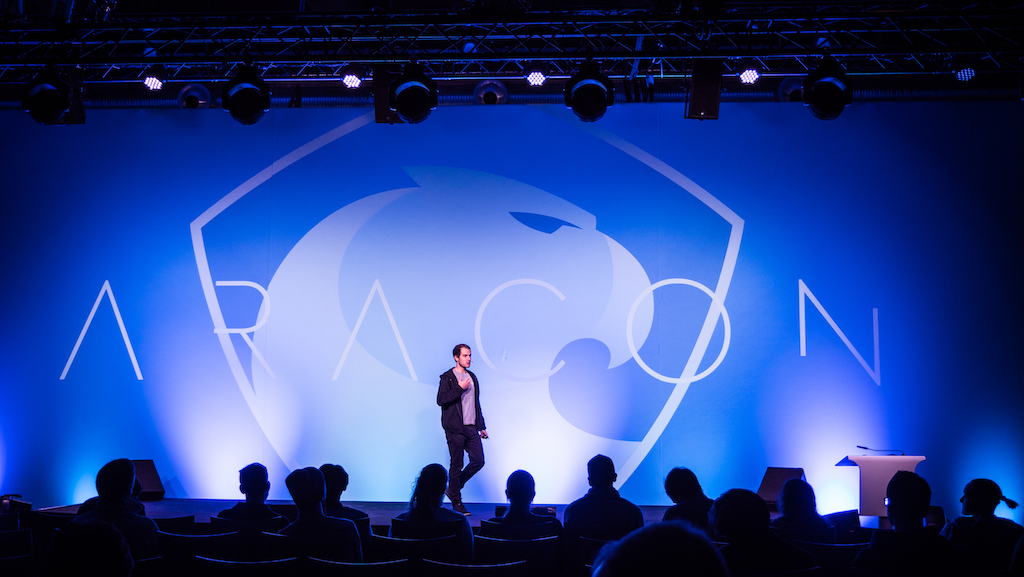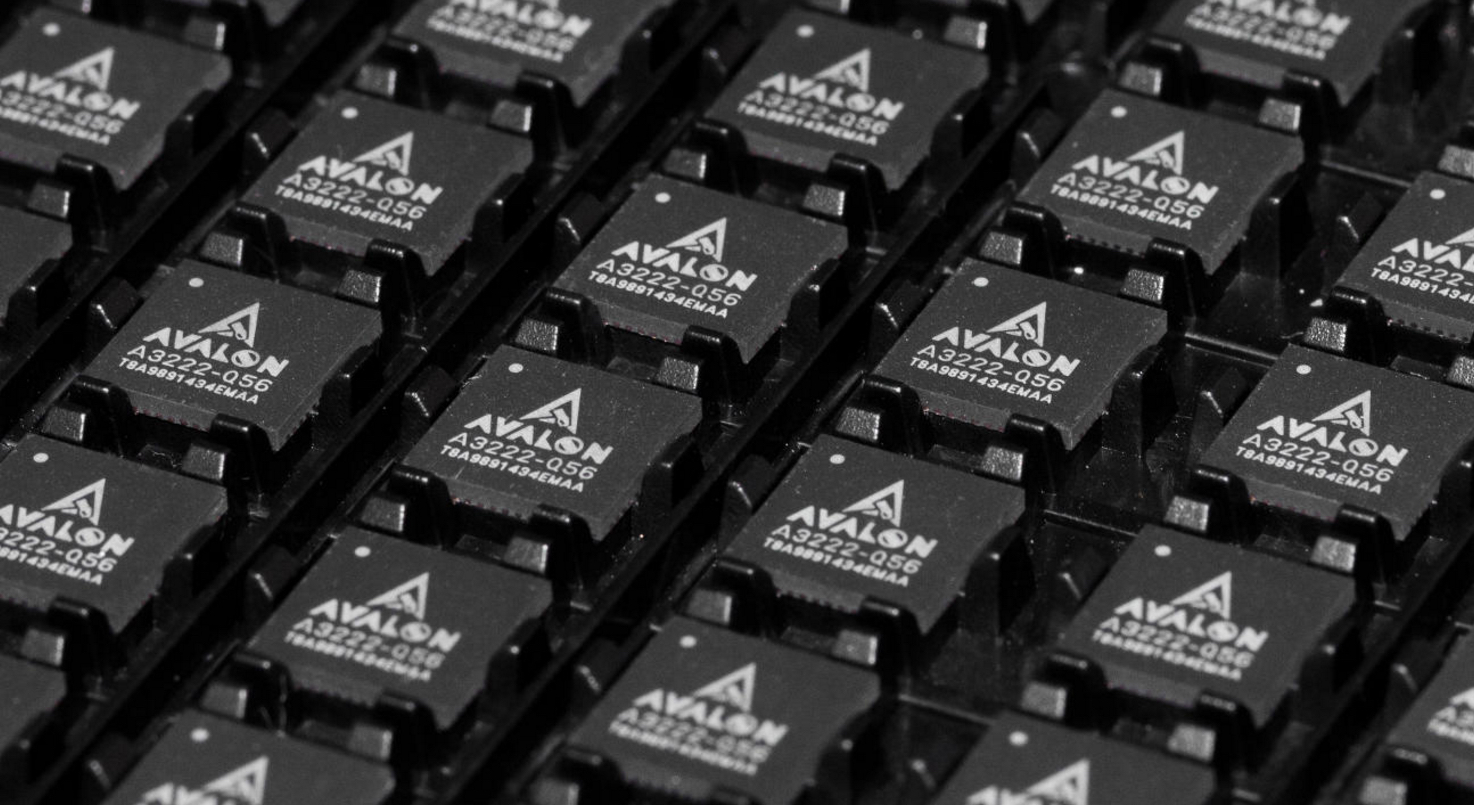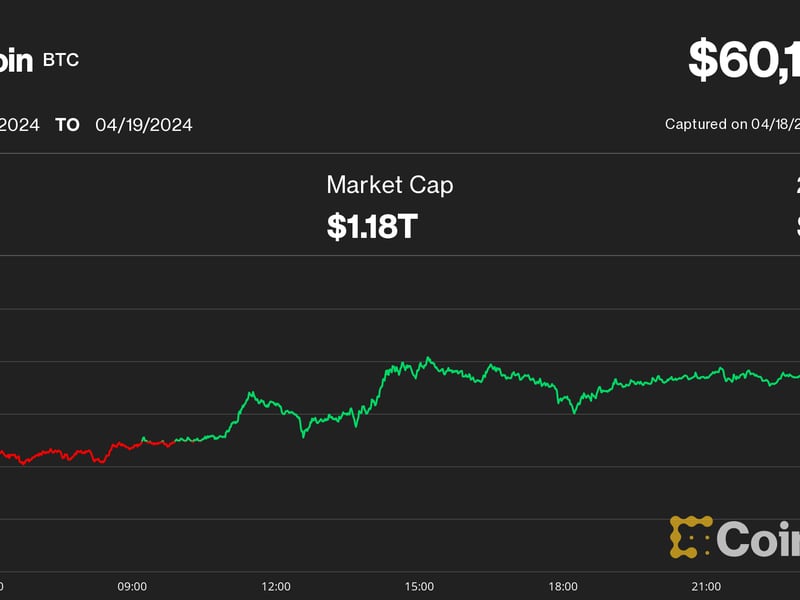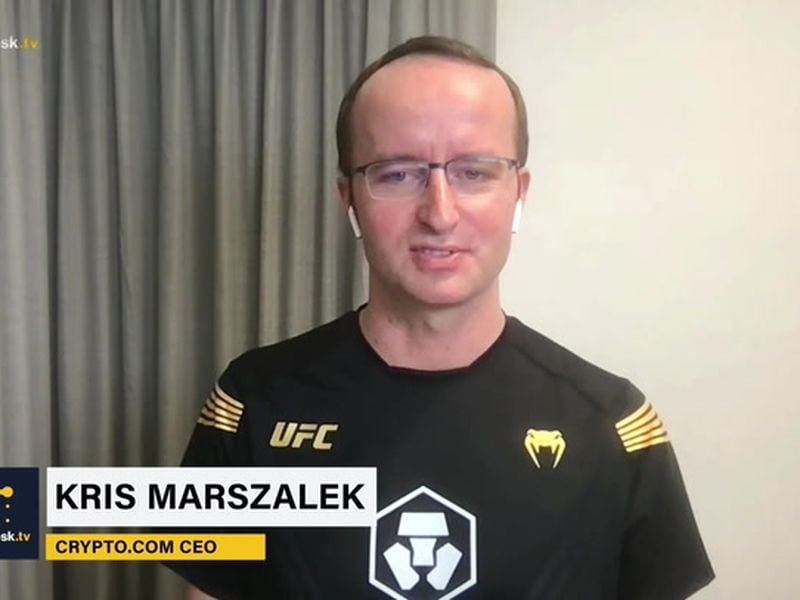Solana Veterans Raise $17M For ‘Backpack’ Crypto Wallet, Exchange
/arc-photo-coindesk/arc2-prod/public/LXF2COBSKBCNHNRE3WTK2BZ7GE.png)
-
Backpack’s founders, Armani Ferrante and Tristan Yver, left FTX/Alameda before the firms collapsed.
-
The fresh capital injection will cover the compliance and licensing costs as Backpack looks to expand into more jurisdictions.
Longtime Solana contributor Armani Ferrante’s crypto wallet and exchange company Backpack has raised $17 million in a funding round led by Placeholder VC, according to a press release.
The Series A raise comes at a valuation of $120 million, a sign of strength for the company that less than two years ago told The Block it went into “cockroach mode” when its key previous backer, FTX, imploded and sent most of the startup’s $20 million funding to goblin town.
Backpack bought itself some much-needed runway with an inventive NFT-fueled fundraise and also sold its claim to its FTX deposits, said co-founder Tristan Yver. Yver and Ferrante – both FTX/Alameda alums who left before its infamous collapse – more recently partnered with that fated company’s former top lawyer Can Sun to “build an exchange to fill the gap” that FTX left behind, Yver said.
“Armani and I have always very strongly considered exchanges to be the largest onboarding point for people into crypto,” Yver said in an interview with CoinDesk. “Say what you will, Coinbase has always brought more people into crypto than anyone else.”
Just weeks-old, their exchange product is already posting nine-figure days of dollarized trading volume with customers in Asia, the Middle East as well as the United States, Yver said. The fresh capital will cover hefty compliance and licensing costs as it works to expand into more jurisdictions.
Backpack’s Backend
Behind the scenes, Backpack takes a page from blockchains – the distributed databases that house cryptocurrency transaction histories – to document its own history as an exchange “back to the beginning of time.” Every transfer and trade gets recorded on a system that is similar to a permissioned blockchain, Yver said.
Basically, it is a foil against any attempt to cook the books. That kind of thing has only become more important for crypto exchanges amid the fallout of FTX’s magically disappearing customer deposits.
“It’s a really good conversation with regulators, so they have the opportunity to see what exactly is happening on the exchange side,” Yver said.
Built-in community
Before the venture funding arrived, Backpack had to make do with a very tight $1.4 million financial leash amassed through last April’s sale of the Mad Lads NFT, which has since become Solana’s top digital collectible.
More than a capital sale, the event popularized Backpack’s eponymous wallet app, which can access specialty NFTs, called xNFTs, that can run code inside of them.
But the Mad Lads mint also gave Backpack a ready-to-go user base of on-chain traders and collectors, Yver said. They’ve helped Backpack the exchange post, sometimes billions of dollars in daily trading volume, despite its nascency.
Of course, there are also points. Traders get ranked on Backpack based on how much trading volume they’re generating on the exchange. He said some power traders are speculating that higher-ranked traders will get bigger token drops from Backpack’s partner projects. Yver pushed back on that possibility and said his team has even warned some traders not to needlessly amass trading fees.
“One of the highest guys literally said, I don’t even care. I just don’t want anyone to pass me on the leaderboard,” Yver said.
Edited by Stephen Alpher.









